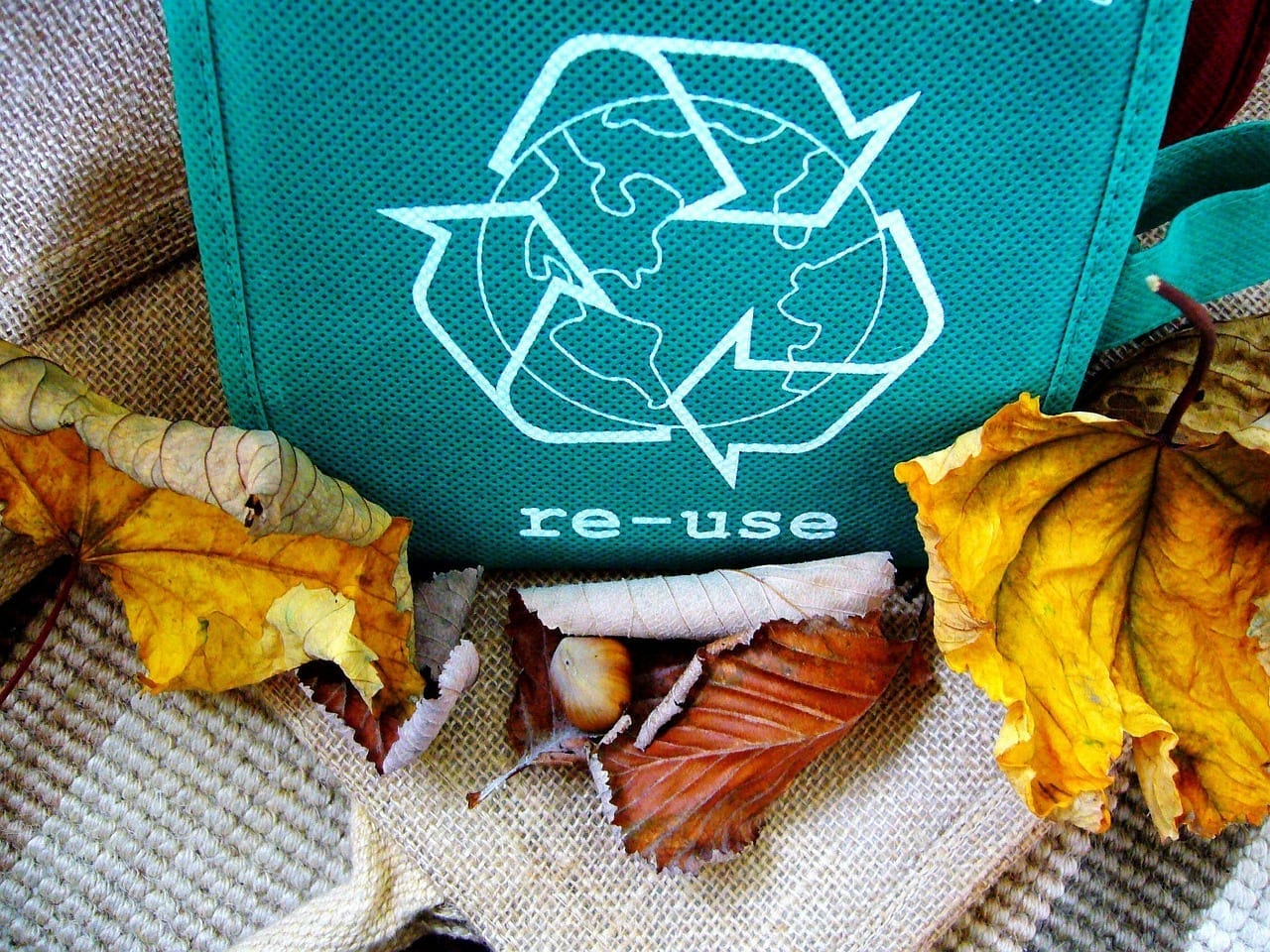Recycling has become a capitalist war…. one that nobody wins.
“Reduce, reuse, recycle” is the mantra we’ve lived by for years, but it has come to encourage an over-zealous recycling campaign that has been doing more harm than good.
Americans tend to recycle for a clear conscience, which means throwing as much as we can in recycling bins, assuring ourselves that we’re being good Samaritans by opting to not use the trash. But recycling isn’t as simple—or nearly as easy—as we’re been lead to believe. And much of what we toss out isn’t actually reusable. We throw dirty and contaminated containers away, assuming some environmental enthusiast on the other end will lovingly sort our yogurt containers and pizza boxes. For a while, there was someone on the other end to do just that—the many Chinese workers at manufacturing plants overseas. But this is no longer the case.
Until recently, China and its endless demand for materials was our biggest market for recycled goods. But after years of low-quality, contaminated materials, China has raised its standards, leaving the US in a bind regarding what to do with tons of the allegedly “reusable” waste we generate each day.
Without a foreign market for our recyclables to generate a profit, the cost of recycling programs has skyrocketed. Recycling companies claim they can’t break even selling used materials because of the costs that go into processing them, which means charging more for recycling services and often adding additional contamination fees for recycled materials mixed in with the trash. Before China changed its policies, contamination was never an issue. This poses the question: Is contamination the only issue, or are recycling companies capitalizing on an opportunity to make a greater profit now that they have a monopoly?
In any case, exorbitant recycling rates have left many small and mid-sized municipalities unable to afford recycling. Even though their citizens still sort recyclables from the trash, it all ends up in the same place, taking up much more space in landfills and increasing a toxic build-up of methane gas. And for the communities that can’t morally bring themselves to throw recyclables away, many are incinerating them, which releases emissions into the atmosphere that create a health risk.
Currently it’s still cheaper to generate new materials instead of taking the time and energy to recycle used ones. The solution lies in the problem. Without a second thought, we are mass-producing and mass-consuming materials that end up straight in the trash. What we need is the capacity to engineer 100% recyclable packaging materials that can truly be reused, and a domestic market for recycled goods that could begin a circular approach to American Waste Management, and a sustainable form of consumerism.
The only question remaining is: Who, or what, is stopping us?




































